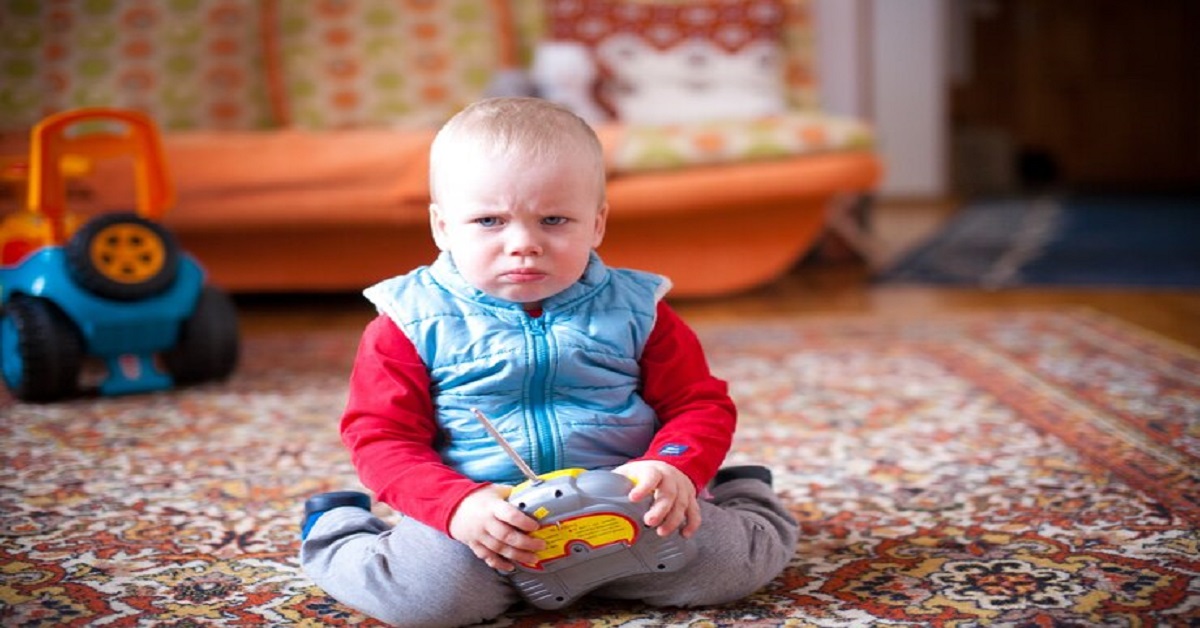Family
Family is a fundamental social unit that plays a crucial role in the lives of individuals across cultures and societies.
It typically consists of individuals related by blood, marriage, or adoption, bound together by emotional ties, responsibilities, and mutual support.
Definition and Composition
The composition of a family can vary widely depending on cultural norms and personal circumstances. Traditionally, a family includes parents and their children, forming a nuclear family.
However, families can also encompass extended relatives such as grandparents, aunts, uncles, and cousins, creating an extended family network.
Roles and Responsibilities
Within a family structure, each member often has specific roles and responsibilities. Parents or guardians typically provide emotional, financial, and practical support to their children, ensuring their well-being and development.
Children, in turn, may contribute to the family unit through chores, caregiving for younger siblings or elders, and respecting familial norms and values.
Dynamics and Relationships
Family dynamics encompass the complex interactions, communication patterns, and emotional bonds shared among members. These dynamics shape individual identities, beliefs, and behaviors, influencing personal growth and socialization.
Relationships within families can vary from harmonious and supportive to conflicted or strained, depending on factors such as communication styles, life events, and external stressors.
Cultural and Societal Influences
The expectations, and decision-making processes within different communities. These influences shape how families function, prioritize goals, and navigate challenges together.
Importance and Support Systems
The importance of family lies in its role as a primary source of emotional support, companionship, and security.
Families provide a framework for socialization, imparting values, beliefs, and cultural heritage to younger generations. Moreover, they serve as a safety net during times of adversity, offering practical assistance and emotional comfort.
Evolution and Diversity
Family structures continue to evolve alongside societal changes, reflecting shifts in gender roles, marriage trends, and parenting practices. Modern families exhibit diversity in terms of composition, including single-parent households, blended families, same-sex couples raising children, and multi-generational households.
These diverse arrangements highlight the adaptability of the concept of family to meet contemporary social realities.
Challenges and Resilience
Despite its significance, families may face challenges such as conflicts, financial pressures, illness, or loss. However, resilient families demonstrate the ability to navigate these challenges.
Drawing strength from mutual support, communication, and adaptive coping strategies. Professional support services, such as counseling or community resources, can also play a crucial role in helping families overcome difficulties and strengthen their bonds.
Conclusion
In conclusion, the concept of family encompasses more than just biological relationships; it embodies shared experiences, responsibilities, and emotional connections that contribute to individual well-being and societal cohesion.
Understanding the complexities of family dynamics and the diverse forms they can take enriches our appreciation of their vital role in shaping individuals and communities.
